The program is designed for industry professionals to build their competence in the field, contribute more to their companies, and further advance their careers by earning college credits and achieving a professional credential granted by a university.
“This program is designed for people who are working in the industry but who haven’t had any formal education in lighting,” said Sandra Vásconez, co-director of the program and a senior instructor in the Department of Civil, Environmental and Architectural Engineering at CU Boulder. “People come into lighting from many different backgrounds. This certificate program provides a strong foundation for taking your career to the next level.”
With three required courses, the certificate expands on the university’s highly regarded Rocky Mountain Lighting Academy (RMLA), which has offered four-day summer courses since 2013.
“RMLA courses give lighting professionals a small-group on-campus experience that can quickly extend their knowledge and skills in lighting,” Vásconez said. “But we’ve noticed that some people desire a deeper-level of instruction with more time to process information and dive a little deeper into key topics. That led us to design this new certificate program to give people who have no previous university-level lighting education the time develop a deeper understanding and skill level and better position themselves for the next steps in their career.”
The certificate consists of three required sequential courses, two of which are completed online.
- Architectural Lighting I (online – Sept-Dec)
- Architectural Lighting 2 (online – Jan-April)
- Architectural Lighting Capstone (week-long in-person intensive course on the Boulder campus in May or June)
“The first two classes offers students the chance to learn on their own time over the course of an academic year, whenever they have time to take in the videos, do assignments, complete hands-on project work, and then meet twice a week to discuss what they’ve learned,” Vásconez said. “The capstone course brings students to campus to learn, touch and feel lighting equipment, do lab measurements, and work with industry software during a weeklong intensive. It really synthesizes all the material they’ve been learning over the school year.”
Enrollment for the certificate opens on April 12. Admission requires a bachelor’s degree in any subject. Classes begin Sept. 9.
Interested individuals should visit the program website for more details and application information.






You must be logged in to post a comment.